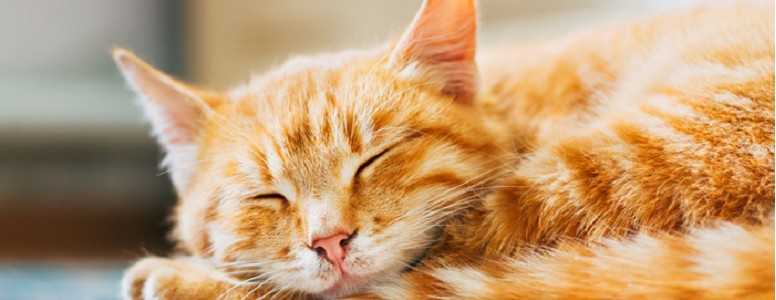Canadian scientists are investigating why some cats develop feline diabetes and some do not, and have appealed for pet owners to donate feline tissue for a new study.
Obese cats are more prone to develop feline diabetes, while old age can play a role too. Feline diabetes is known to share similarities with type 2 diabetes in humans – a build-up of amyloid plaques in the pancreas and a reduced number of working islet cells is a common feature in human type 2 diabetes and feline diabetes.
While researchers have ascertained from previous studies that obese cats have a greater hormone imbalance compared to lean cats, which influences blood sugar levels, little is known about these hormones.
Now, researchers plan to investigate these gastrointestinal hormones, but are in need of samples in order to continue their work. Organ and tissue donation from humans is widely accepted and studied among researchers, but less well-known when it comes to pets.
The scientists from the University of Calgary Faculty of Veterinary Medicine (UCVM) and the University of Saskatchewan Western College of Veterinary Medicine are asking cat owners to donate their pets that have needed to be put down (euthanised), to investigate how feline diabetes develops.
Dr Chantal McMilla, who teaches small animal medicine at UCVM, said: “We’re studying tissues of fat, lean and diabetic cats to better understand changes that occur with obesity and diabetes. Diabetes and obesity are two of the most common chronic diseases that cats develop.
“We’re trying to take it a step forward, to look at receptors for these hormones and other hormones involved in blood sugar regulation in tissues from pet cats that have been euthanised for other reasons.”
The research team has been evaluating blood markers in cats for several years, and more recently, examining tissues. It is hoped this research will explain whether treatment interventions could be effective in obese cats.
“This may help us better understand if this therapy could play a beneficial role in diabetic cats. There are some real positives to that type of therapy, in that it promotes weight loss and it’s really hard to get our diabetic feline patients to lose weight once they’re on insulin. There could be some tremendous upsides if we can research it a bit further.”
What's new on the forum? ⭐️
Get our free newsletters
Stay up to date with the latest news, research and breakthroughs.




